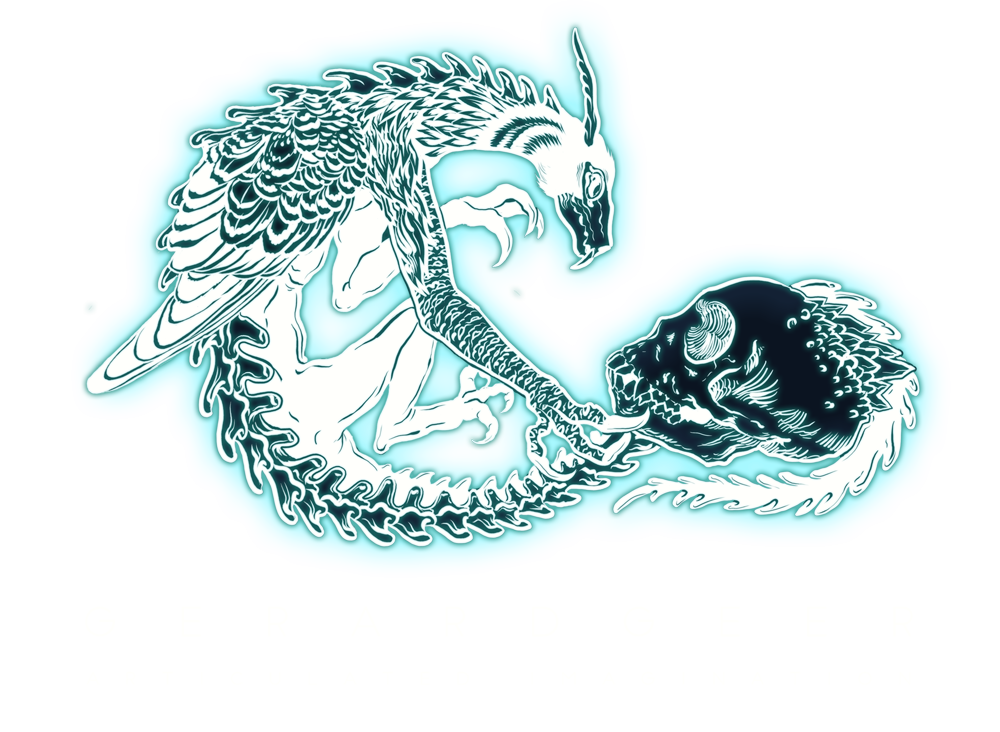-
This is an important question, but a complicated one to answer. If we simply said ‘yes’, would this answer satisfy you? Or would you have follow up questions? I would hope for the latter.
There is a lot to be said on the topic of ethics in this type of work, but ultimately the life of the animal, the context surrounding its death, and the ramifications around what would happen to the bodies of the animals without our intervention are all considered in how we determine how we source our specimens, and what we will or won’t work with.
Ethics are a deeply personal and highly subjective set of ideals, and as such, there is always going to be a lot of disagreement around the details between individuals. Because of this, we think the most accurate and honest way to answer the simple question ‘is this ethical’ is with ‘maybe’.
If you’d like to go on a deeper dive into why we feel this is the best answer, check out the story highlight ‘Maybe?’ on Instagram here. That highlight is a work in progress, and more additions will be added over time – but it should give a good insight into how we make our own determinations.
-
Do not harm, do not exploit, do not waste.
Our interest in preservation stems from a deep love for the animals around us, and a curiosity for the complexity and beauty of their anatomy. In engaging in this work, we strive to honor and respect the remains of the animals we work with, and allow them their dignity in death through transformation.
Throughout all of the processes involved (such as the sourcing, preservation, treatments etc), we aim to minimise waste and reduce landfill. As much as is possible, chemicals are recycled before being properly disposed of.
Ultimately, we undertake our work with compassion for the animals we work with, and consideration of the impacts on the environment around us. -
All of the specimens we were already deceased, and were donated to us from a variety of places such as veterinarian clinics, invasive species wildlife control programs, from labs or universities (as post-research specimens), zoos, aquariums, or donated to us from private ownership. We strictly refuse to participate in any form of work or trade in ‘by-products’ of the fur farming industry – those are simply products, and we will not support that industry.
Again, this is a complex topic, so if you are interested in understanding our thoughts on this check out the Instagram story highlight ‘Maybe?’ for more on this.
Street Address
City, State, Zip
+61 403 828 826
